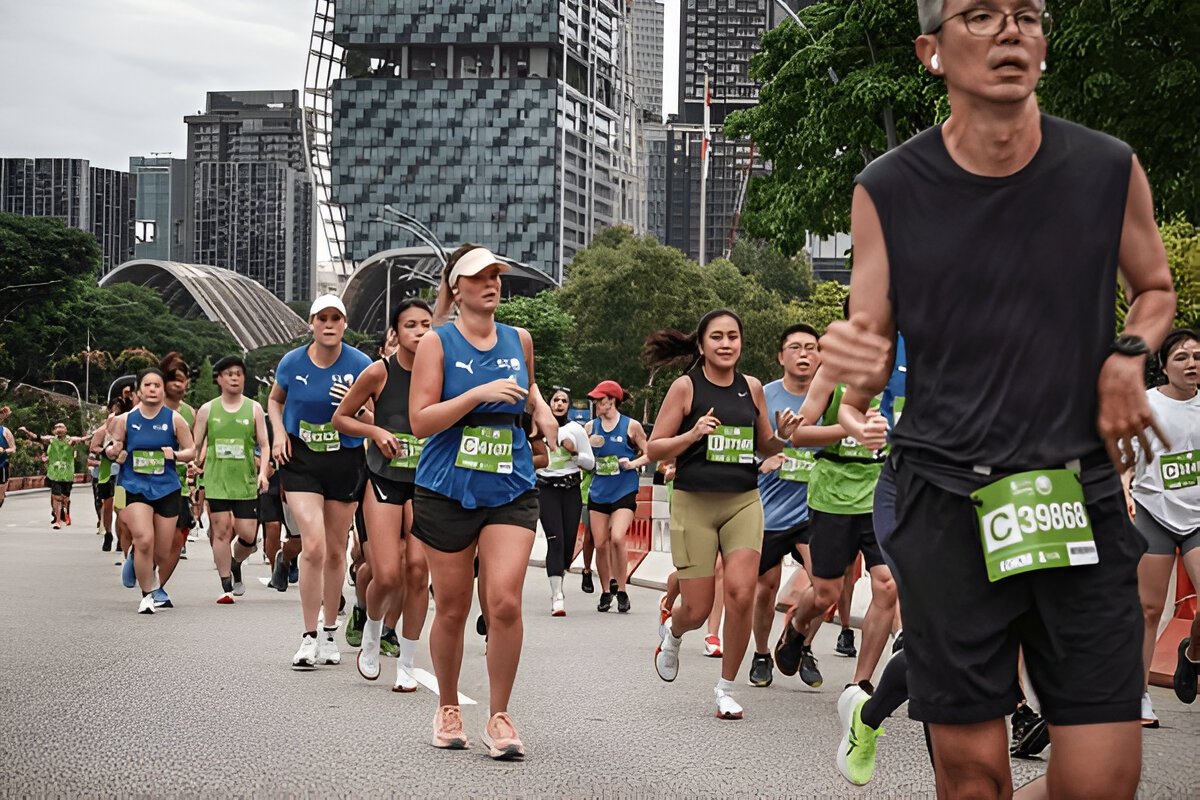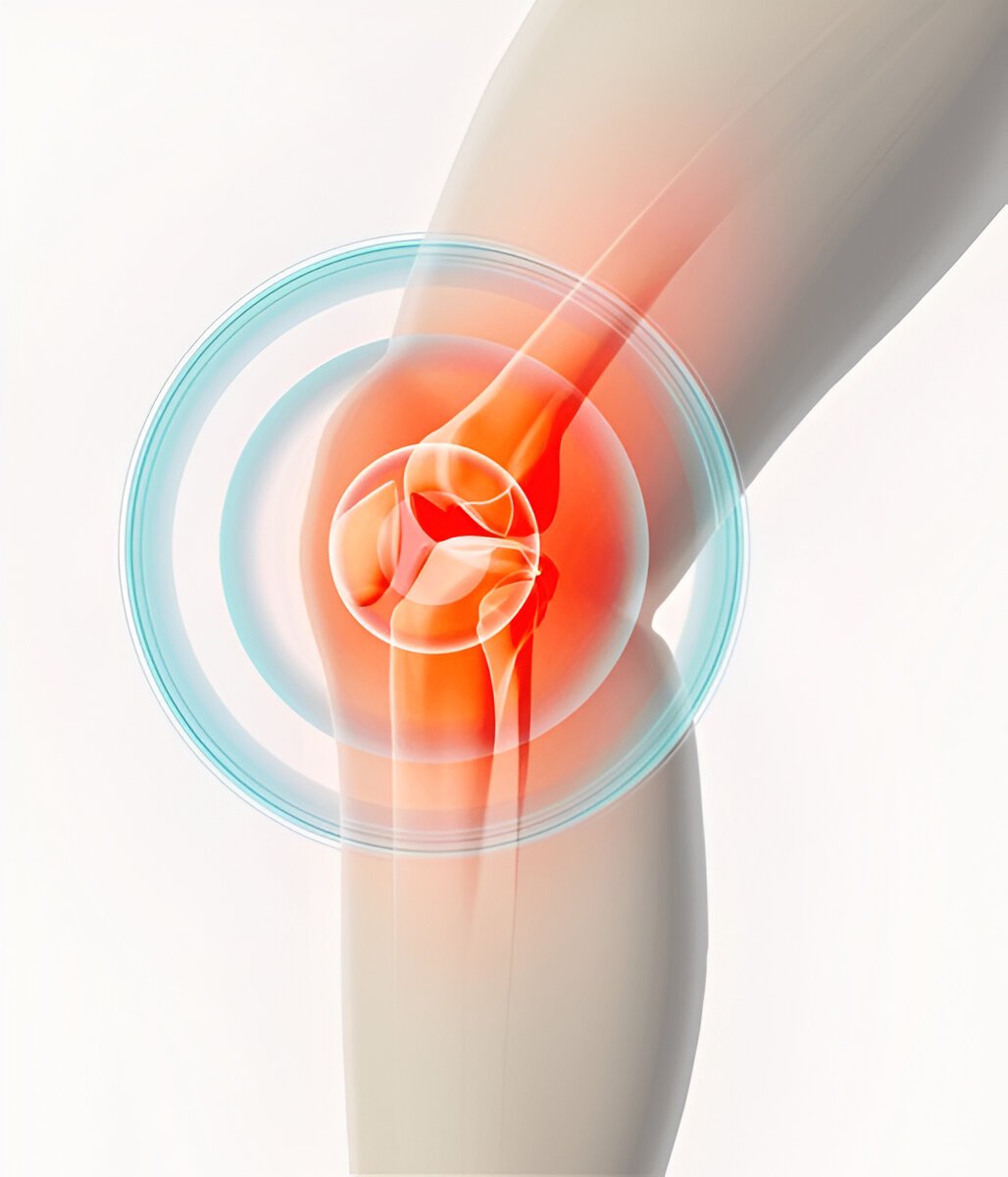
How to Avoid Sports Injuries During Marathon Season in Singapore
Why Many Runners Get Injured
Are you preparing for the upcoming Singapore marathon, half marathon, or even the prestigious Standard Chartered Singapore Marathon? While the excitement builds and the kilometers add up, there’s one thing every runner fears—sports injuries.
From shin splints to strained knees, injuries can creep in just weeks before race day, undoing months of training. But the good news is that with proper knowledge and the right support from a sports injury specialist in Singapore, many of these injuries are entirely preventable.
In this guide, we’ll share expert-backed strategies for staying injury-free and helping you reach the finish line stronger and safer.
Common Sports Injuries Runners Face in Singapore
Long-distance running places repeated stress on the body, particularly the legs, joints, and lower back. Here are the most common sports injuries experienced by runners in Singapore:
1. Runner’s Knee (Patellofemoral Pain Syndrome)
A dull pain around the kneecap is often triggered by running downhill or up stairs.
2. Shin Splints
Sharp or throbbing pain along the inner edge of the shinbone is caused by overuse or improper running form.
3. IT Band Syndrome
Pain or tightness on the outer thigh due to inflammation of the iliotibial band, which helps stabilize the knee.
4. Achilles Tendinitis
Inflammation of the tendon that connects the calf muscles to the heel is common in runners who increase intensity too quickly.
5. Plantar Fasciitis
Heel pain is caused by inflammation of the tissue along the bottom of your foot.
If not treated early, these issues can worsen and affect your race performance and your long-term health.
Why Do Injuries Spike During Marathon Season?
Singapore’s climate, training pressure, and lifestyle factors can combine to increase the risk of injuries during marathon season.
Here are the common culprits:
Overtraining
Many runners push too hard, too fast. Training without proper rest can lead to fatigue and overuse injuries.
Improper Warm-up and Cool-down
Skipping stretches or diving straight into long runs puts muscles and joints at risk.
Wrong Footwear
Worn-out or poorly fitted shoes are the biggest causes of running injuries.
Poor Running Form
Misalignments in your stride or posture can increase stress on joints and ligaments.
Lack of Recovery Time
Between work, life, and training, rest often gets overlooked, leading to burnout or breakdown.
How to Prevent Sports Injuries During Marathon Season
 The best way to stay injury-free? Prevention. Here’s how you can safely train for the Singapore Marathon or any other long-distance event in the city:
The best way to stay injury-free? Prevention. Here’s how you can safely train for the Singapore Marathon or any other long-distance event in the city:
1. Follow a Structured Training Plan
Stick to a plan that builds mileage gradually. The “10% rule” (don’t increase your weekly distance by more than 10%) helps reduce overuse injuries.
If you’re new to distance running, aim for a slower build-up, especially if you’re eyeing events like the runners love for its challenge and beauty.
2. Get a Gait Analysis
Visit a sports injury clinic in Singapore to have your running gait and posture assessed. Identifying imbalances or poor mechanics early on can help correct your form and prevent injury.
3. Wear the Right Footwear
Choose running shoes based on your foot type, running surface, and mileage. Replace your shoes every 500–800km, and avoid running in worn soles.
4. Warm Up Before, Cool Down After
Start each run with dynamic stretches (like leg swings and lunges) and end with static stretching to keep muscles flexible and prevent stiffness.
5. Strengthen Supporting Muscles
Incorporate strength training at least twice a week. Focus on your glutes, core, and hamstrings—key muscle groups that support your stride.
6. Stay Hydrated and Eat Smart
Singapore’s heat and humidity can lead to dehydration quickly. Drink water throughout the day, not just before or after runs. Fuel your body with carbs, proteins, and anti-inflammatory foods.
7. Schedule Recovery Days
Rest is just as important as running. Your body needs time to repair and grow stronger. Include light activity days like swimming, yoga, or foam rolling.
People Also Read: How Does Physiotherapy Help with Sports Injuries
How a Sports Injury Specialist in Singapore Can Help
If you feel persistent aches, don’t ignore them. Early intervention from a sports injury specialist in Singapore can mean the difference between a few days off and missing your race entirely.
Here’s what you can expect from visiting a sports injury clinic Singapore trusts:
Expert Diagnosis
Accurate assessment of the root cause of your pain, not just the symptoms.
Personalised Physiotherapy Treatment
From manual therapy and dry needling to shockwave therapy, treatment plans are tailored to your body and goals.
Gait and Running Analysis
Video-based analysis can highlight problems in your stride and suggest corrections.
Performance Support
Physiotherapists can help with training modifications, injury prevention tips, and race preparation.
At Rapid Physiocare, we often work with marathoners and recreational runners who want to optimize performance without compromising their health.
Listen to Your Body: Signs You May Be Overdoing It
You don’t have to wait for sharp pain to take a break. Watch out for these early warning signs:
- Persistent soreness that doesn’t go away after 48 hours
- A limp or altered running gait
- Swelling or tenderness in joints
- Muscle tightness despite stretching
If you notice these symptoms, reduce the intensity and consult a sports injury specialist Singapore runners recommend.
Preparing for the Standard Chartered Singapore Marathon
The Standard Chartered Singapore Marathon is one of the city’s biggest and most iconic races. With its scenic route and international presence, it’s a goal for many.
Here’s how to prepare smartly:
- Begin training at least 12–16 weeks before race day.
- Book a pre-race physiotherapy check to spot any muscle imbalances.
- Do weekly long runs to adapt to endurance demands.
- Simulate race conditions (heat, hydration, fuelling) in training.
- Prioritise tapering (reduced training) two weeks before race day.
Final Thoughts: Stay Strong, Run Safe
Marathon season in Singapore is thrilling—but it’s no walk in the park. Without proper care, training can quickly turn into treatment. Fortunately, most sports injuries are preventable with the right habits, gear, and support.
At Rapid Physiocare, we believe in empowering runners with knowledge, movement, and recovery tools to chase their goals safely. Whether you’re preparing for your first half marathon in Singapore event or training for the full Standard Chartered Singapore Marathon, we’re here to keep you on track, injury-free.
Are you training for a marathon in Singapore and want to avoid injuries? Book a consultation with a trusted sports injury specialist in Singapore today. Let Rapid Physiocare help you run stronger, recover smarter, and perform at your peak.
👉 Book a free consultation with our sports injury specialists in Singapore and get back on track—pain-free and race-ready.
Tags : half marathon Singapore, legs, lower back, marathon, sports injury, sports injury specialist in Singapore, Standard Chartered Singapore Marathon


